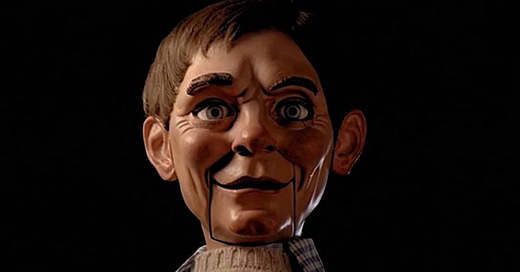Rodney Ascher on the Art of the Horror Documentary
“Horror documentary” has become a bit of a buzz term in recent years, and there are quite a few films that we might include in the canon of works that blend documentary exploration with stylistic influence from the horror genre. But if there’s one director whose work has made the biggest strides in this regard, it’s certainly Rodney Ascher.
Ascher first …
Keep reading with a 7-day free trial
Subscribe to Nonfics to keep reading this post and get 7 days of free access to the full post archives.



